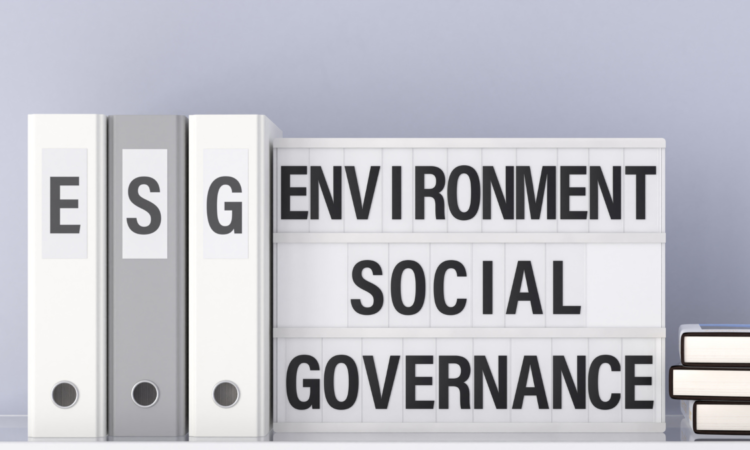
In response to new regulations from the European Securities and Markets Authority, asset managers in Europe are bracing for a seismic shift in the ESG fund landscape. Morningstar Sustainalytics predicts a significant impact, with potentially 4,300 funds affected. With stricter guidelines requiring 80% of assets to align with fund names and exclusion of certain companies, Morningstar projects up to $40 billion in stock divestments. This move aims to combat concerns of greenwashing, yet highlights the industry’s need for clearer standards.
Sign up for your early morning brew of the BizNews Insider to keep you up to speed with the content that matters. The newsletter will land in your inbox at 5:30am weekdays. Register here.
By Frances Scwartzkopff
New rules limiting how freely asset managers can attach the ESG label to funds sold in Europe promise to trigger a widespread purge across the industry, according to a fresh analysis by Morningstar Sustainalytics. ___STEADY_PAYWALL___
Roughly 4,300 funds domiciled in the European Union that currently claim to pursue environmental, social or governance goals, or that carry similar sustainability-related labels, are potentially affected by new guidelines unveiled in May by the European Securities and Markets Authority, Morningstar Sustainalytics said on Wednesday.
“While it’s impossible to predict the full impact of these guidelines, we expect their implications to be significant,” Hortense Bioy, head of sustainable investing research at Morningstar Sustainalytics, said in an emailed statement. “They have the potential to completely reshape the ESG fund landscape in Europe.”
ESMA said last month that investment funds with ESG labels or equivalent terms will need to have at least 80% of their assets under management in something that’s actually related to the fund’s name. Funds also can’t invest in companies that are on an exclusion list under the EU’s Paris-aligned benchmark rules.
Morningstar estimates that requirement may affect more than 1,600 funds and lead to stock divestments of as much as $40 billion, if asset managers decide to adjust their portfolios in order to keep their current labels.
ESMA began work on its naming requirements in 2022, after a boom in ESG investing led to concerns that some product claims were misleading. A year earlier, the European Union had enforced its Sustainable Finance Disclosure Regulation, an investing rulebook under which some $13 trillion of assets are now registered. According to Bloomberg Intelligence, roughly 60% of those are currently listed as either promoting ESG or making it an outright objective.
The sectors that are most vulnerable to divestment as a result of ESMA’s new rules include energy, industrials such as railroads and defense, and basic materials, Morningstar said. The countries whose companies are most exposed are the US, France and China, in terms of market value, according to the researcher.
Morningstar identified TotalEnergies SE, Tencent Holdings Ltd., Ecolab Inc. and Shell Plc as some of the stocks that are most likely to see divestment pressure, due to the EU’s ESG fund naming rules.
“At best, only 56% of funds with the specific term ‘sustainable’ in their names would be able to keep the term if the minimum threshold for a ‘meaningful’ allocation to sustainable investments is set at 30%,” Morningstar said. “The remaining 44% of funds would need to increase their allocation to sustainable investments, tweak their sustainable investment methodology, or rebrand.”
The development isn’t necessarily evidence of widespread greenwashing, but rather a reflection of the lack of standards that has existed thus far, as well as the complexity of the area, Bioy said.
The new guidelines “have the benefit of setting minimum standards for ESG products and will hopefully bring greater clarity to investors on what they are investing in,” she said.
Read also:
© 2024 Bloomberg L.P.






